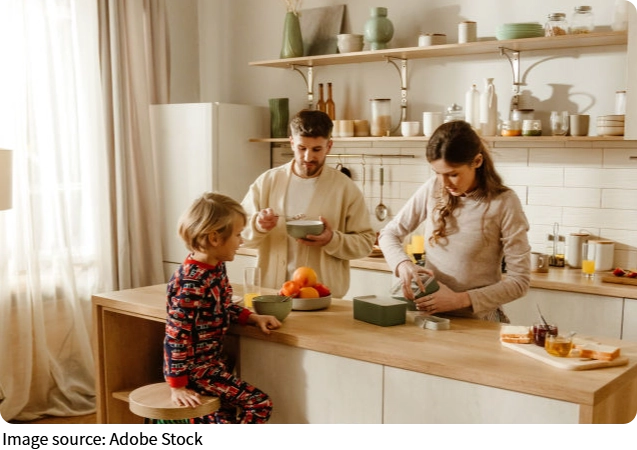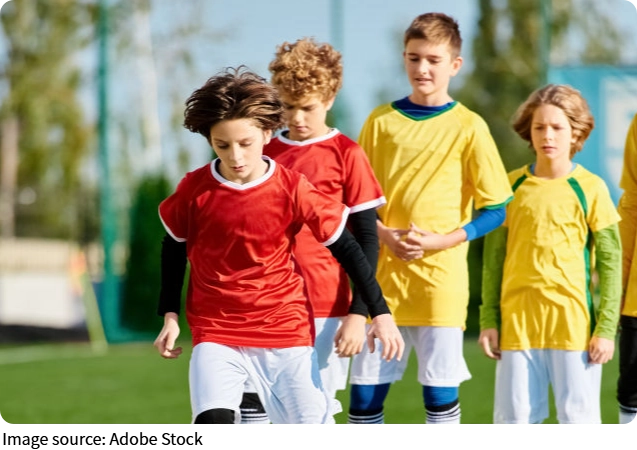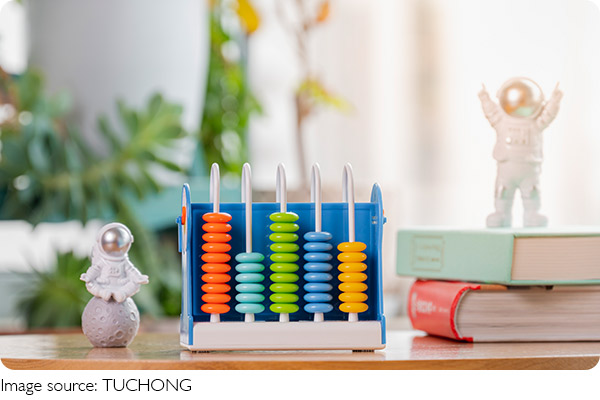Raising Responsible Kids

When we talk about raising confident and independent children, responsibility plays a key role. It's not just about completing homework or chores.
It's about teaching our kids to care about their actions and the people around them. As parents, we're not just raising kids—we're shaping the future adults they'll become.
Start with Small Tasks
We don't need to wait until our children are older to introduce responsibility. Even toddlers can help out. Picking up toys, putting dishes in the sink, or feeding a pet are all small but powerful steps. When we give them age-appropriate tasks, they feel involved and trusted. That's where the sense of responsibility begins—through doing, not just talking.

Let Them Make Choices
We all like to feel in control of our decisions—and kids are no different. Giving them chances to choose (like what to wear or which snack to eat) helps build decision-making skills. More importantly, it helps them understand the link between choices and outcomes. When things go well, they feel proud. When mistakes happen, we can guide them through the lesson without blame.
Be Consistent with Expectations
Kids learn best when they know what's expected. If we say one thing and do another, they get confused. If we're firm but kind, they understand where the lines are. For example, if a child forgets to do homework, we can remind them and let them experience the natural consequence (like a lower grade), rather than doing it for them.
Model Responsibility Ourselves
Children watch us more than they listen to us. When we stick to our promises, clean up after ourselves, and apologize when we make mistakes, our kids take note. It's powerful for them to see that responsibility isn't just for kids—it's a life value. Let's be the example they need, one action at a time.
Use Encouragement, Not Just Praise
Instead of saying, "Good job," let's be more specific: "You remembered to feed the fish all week. That shows you care." Encouragement connects the action to the deeper value. It teaches kids to take pride in effort, not just results. That way, they'll learn to keep going, even when no one's clapping for them.
Talk About Consequences Calmly
We all make mistakes—kids and adults alike. When our child spills juice or forgets their bag, it's a chance to talk, not to yell. Calmly ask, "What can we do differently next time?" This teaches them to reflect and take ownership, not to feel shame or fear. Over time, they'll get better at handling problems on their own.

Let Responsibility Grow with Them
As kids grow, so should their responsibilities. A seven-year-old might help with laundry, while a teenager could help plan dinner or manage their own schedule. We don't have to do it all for them. Giving them real roles shows trust and teaches life skills that they'll carry for years.
What Have You Tried?
Parenting is a team effort, and we're all figuring it out together. Lykkers, what works for you at home? Do your kids respond better to routines, rewards, or quiet talks? Share your tips—we'd love to hear how you're building responsibility in your family!
-
 Tackling Study StrugglesIs Your Child Struggling to Learn? Here’s How We Can Help Them Break Through Step by Step!
Tackling Study StrugglesIs Your Child Struggling to Learn? Here’s How We Can Help Them Break Through Step by Step! -
 Writing Heals HeartsWhy writing is more than words—it’s a way to organize and understand our inner world.
Writing Heals HeartsWhy writing is more than words—it’s a way to organize and understand our inner world. -
 Boosting Kids' FocusWondering Why Your Child Gets Distracted So Easily? Try These 8 Focus-Boosting Habits That Actually Work!
Boosting Kids' FocusWondering Why Your Child Gets Distracted So Easily? Try These 8 Focus-Boosting Habits That Actually Work!